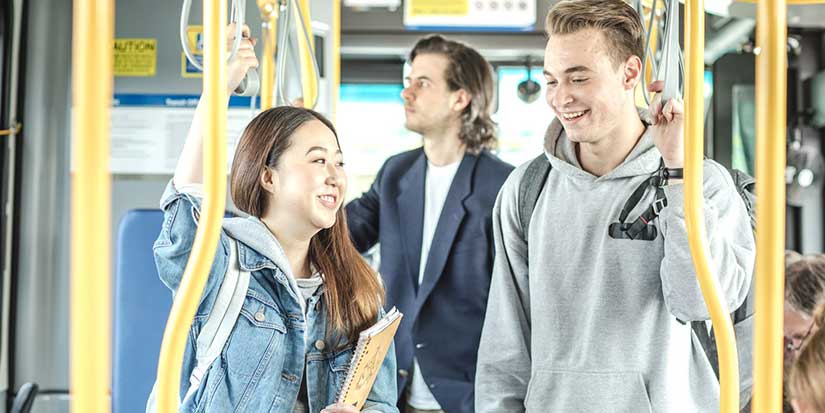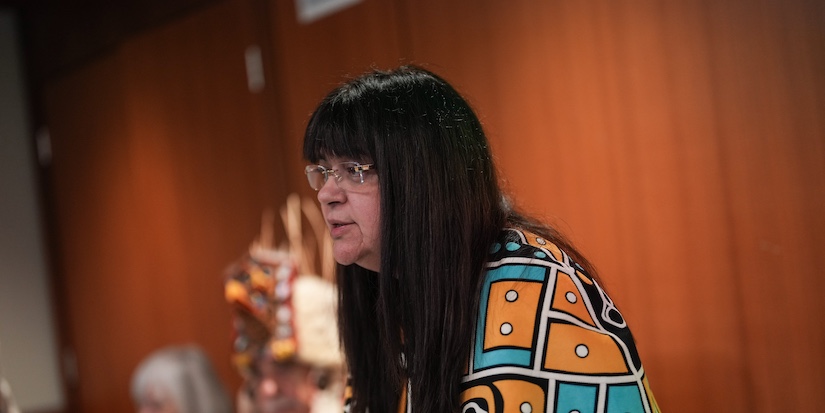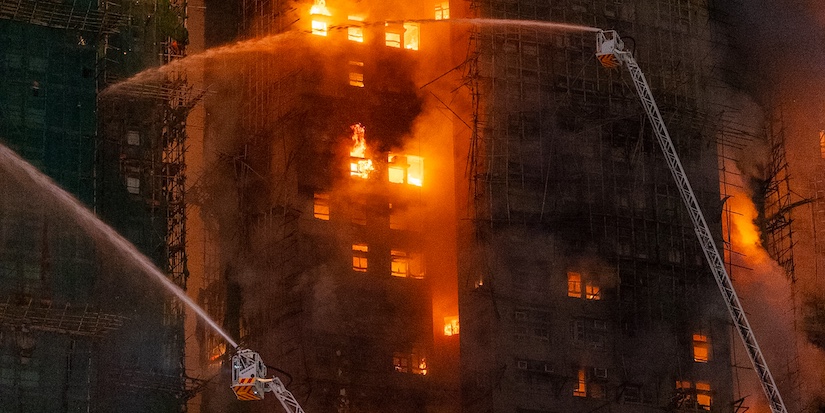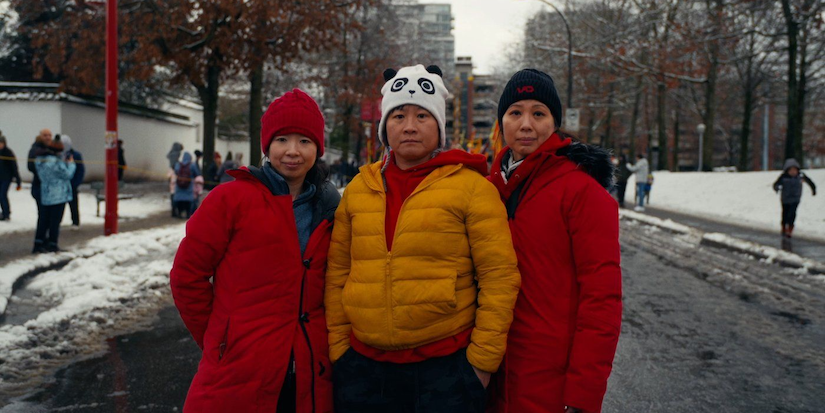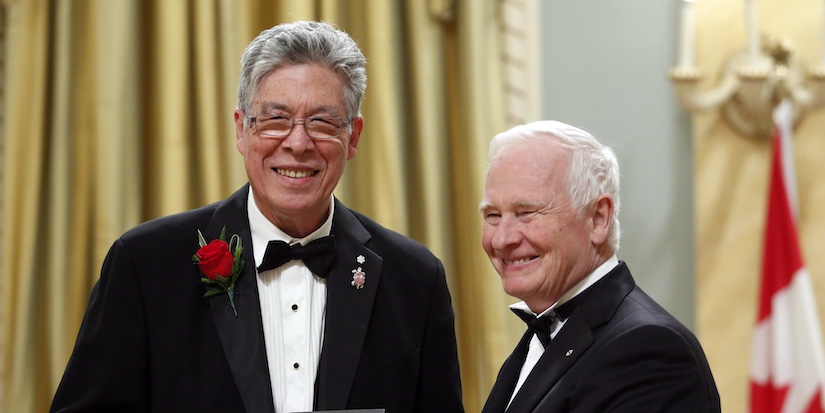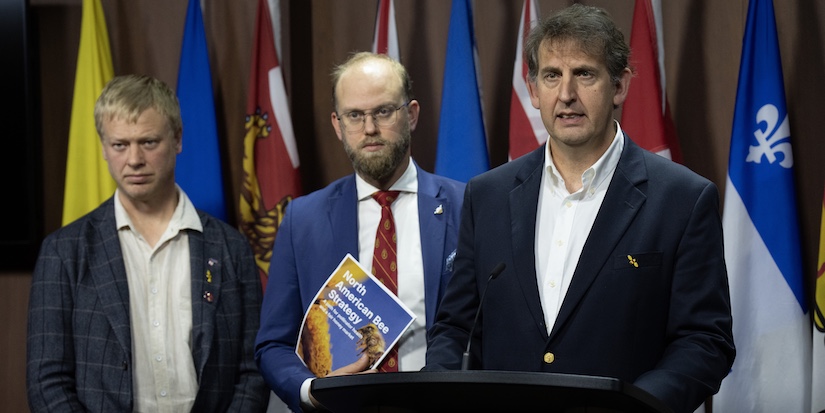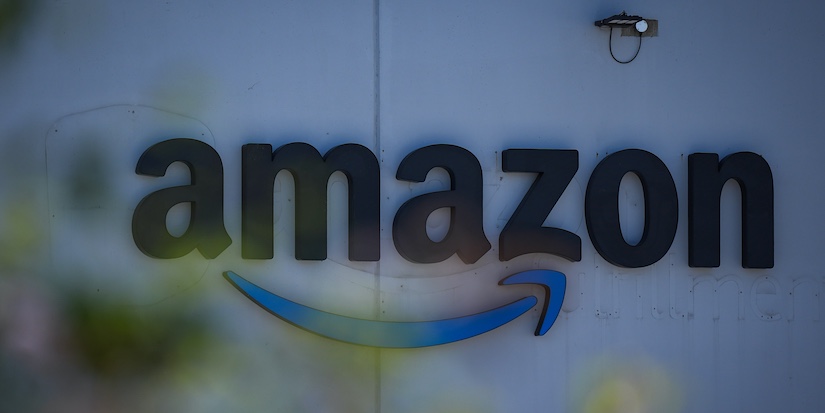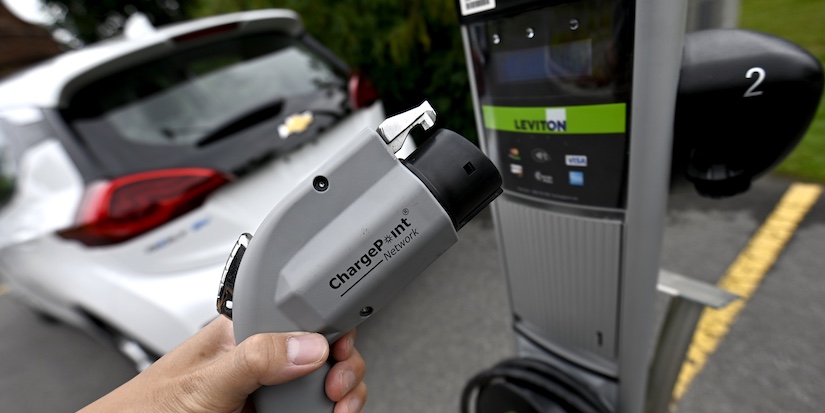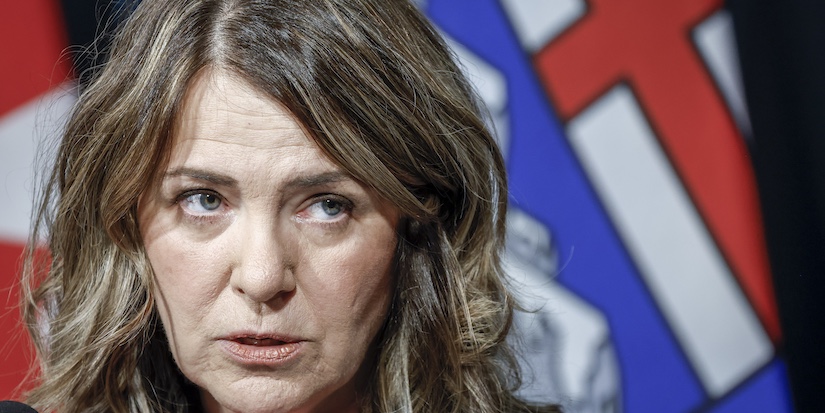Latest News
Translink increases Richmond service
Coinciding with a return to classes, Translink is introducing major service increases Tuesday. And Richmond students stand to benefit from several.
Coinciding with a return to classes, Translink is introducing major service increases Tuesday. And Richmond students stand to benefit.
Annual fall service changes take effect Sept. 3 and will include greater capacity and lower wait times for riders aboard SkyTrain and buses. Twenty-four new SkyTrain cars will be rolled out along with 40,000 more annual bus hours across the region. Translink introduces service changes every three months in an effort to reflect seasonal and customer demand.
“We know that the first week of September is the busiest week of the year for commuters,” says TransLink CEO Kevin Desmond. “That’s why we’ve timed these increases to do our part in reducing congestion. Whether it’s SkyTrain, bus or SeaBus, these changes will help reduce wait-times for our customers all across the region.”
Funding for expanded transit service is made possible through contributions from Phase One of the Mayors’ Council 10-Year Vision, the Province of British Columbia, and the Government of Canada.
The 480 UBC bus (between Bridgeport Station and the UBC Exchange) provides frequent weekday service between downtown Richmond and the university campus. Service begins at 6:06 a.m. at Bridgeport Station and is every eight to 10 minutes from 6:54 a.m. and 9:30 a.m. and every 10 to 15 minutes through to 5:36 p.m. Bus service from UBC begins at 6:45 a.m. and is every 15 minutes until 2:53 p.m. when afternoon rush hour service begins. Frequency is about every 10 minutes or so until 7 p.m.
To help improve late-night connections to UBC, Translink is also offering half-hour service until 4:30 a.m. toward the campus and until 5 a.m. toward downtown. There is also nighttime service between Richmond and downtown Vancouver aboard route N10.
For Richmond students using transit to attend Langara College, another popular post-secondary destination for many local students, there is more good news.
“The most common way for commuters to get to Langara is the Canada Line (Langara-40th Avenue Station),” explains Translink spokesperson Dan Mountain.
Canada Line service weekdays between Richmond-Brighouse and Waterfront station is every 12 minutes for early mornings and evenings then every six minutes during peak hours and at midday.
“As for ridership of post-secondary students, we don’t track exactly how many students use the system because not all post-secondary schools offer the U-Pass to their students and some post-secondary students opt out of the U-Pass,” says Mountain. “However, I can tell you that on the average weekday in fall 2018 there were 70,000 unique U-Passes that took trips on our system.”
Starting in October, riders in Richmond can also hop on a brand new double-decker bus when traveling through the city travelling between Delta and Surrey. Following a successful four-month pilot, the first of 32 double-deckers on order have arrived to expand the current Translink fleet and replace aging highway coaches—providing a less crowded and more comfortable experience for customers.
The first double-deckers will service the 301 Newton Exchange/Richmond-Brighouse Station and the 620 Bridgeport/Tsawwassen Ferry Terminal. The 301 route had 21 per cent more riders last year while the 620 route saw a 14 per cent increase in riders.
Customers travelling on a double-decker will benefit from:
• Almost double the seats of a highway coach
• Plug-in USB charging outlets
• Panoramic views from the upper deck
• A wide, well-lit staircase with handrails to maximize safety
• A screen allowing customers to see vacant seats before going upstairs
• Full accessibility with a low floor and boarding ramp on the mainfloor
“Modern efficient public transit infrastructure plays an important role in building strong sustainable communities,” said the Hon. François-Philippe Champagne, federal Minister of Infrastructure and Communities. “These new double-decker buses will help Metro Vancouver meet immediate needs and provide convenient, accessible transportation options that will improve the quality of life for residents today and contribute to a greener future.”
Translink’s 10-year vision is being rolled out in phases, each timed to the planning and delivery of new projects and services. Starting in 2017 Phase One funded approximately $2 billion in expanded transit services, transit infrastructure and improvements for roads, cycling, and walking. Phase Two will fund an estimated $7.3 billion of transportation improvements.
